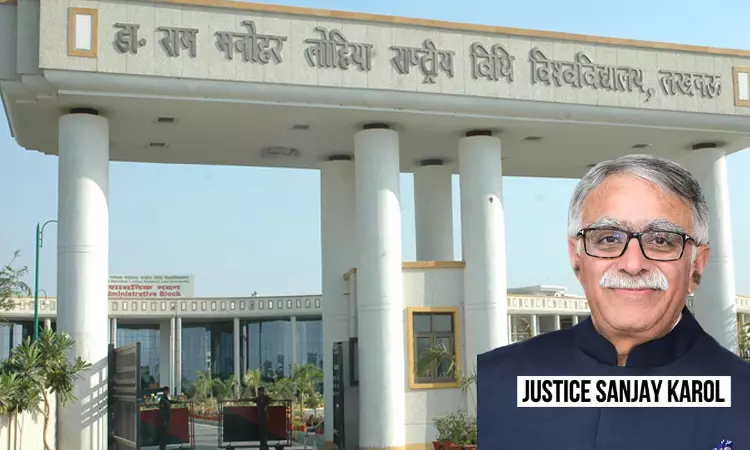Recently, Justice Sanjay Karol of the Supreme Court of India addressed a gathering at Ram Manohar Lohiya National Law University, Lucknow, which was hosting the World rounds of the Foreign Direct Investment (FDI) International Arbitration Moot Court Competition.Speaking during the valedictory ceremony, Justice Karol’s address centered on ADR mechanisms – how they are indispensable in...

